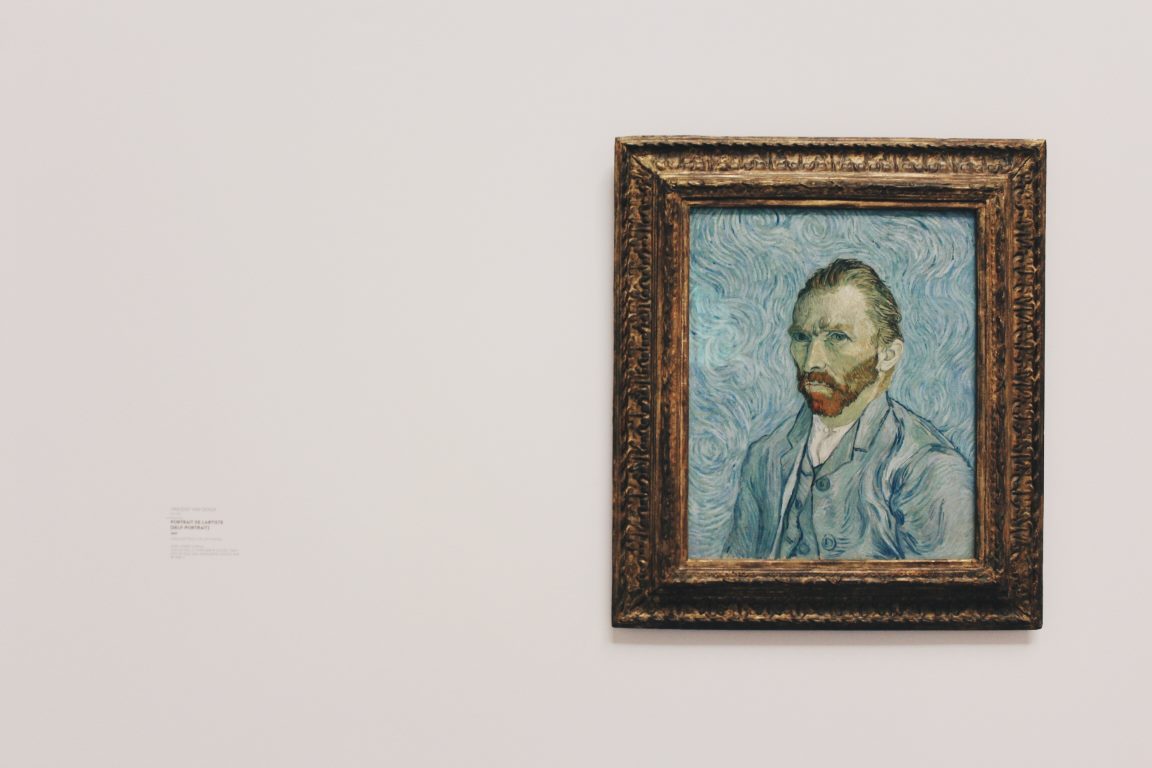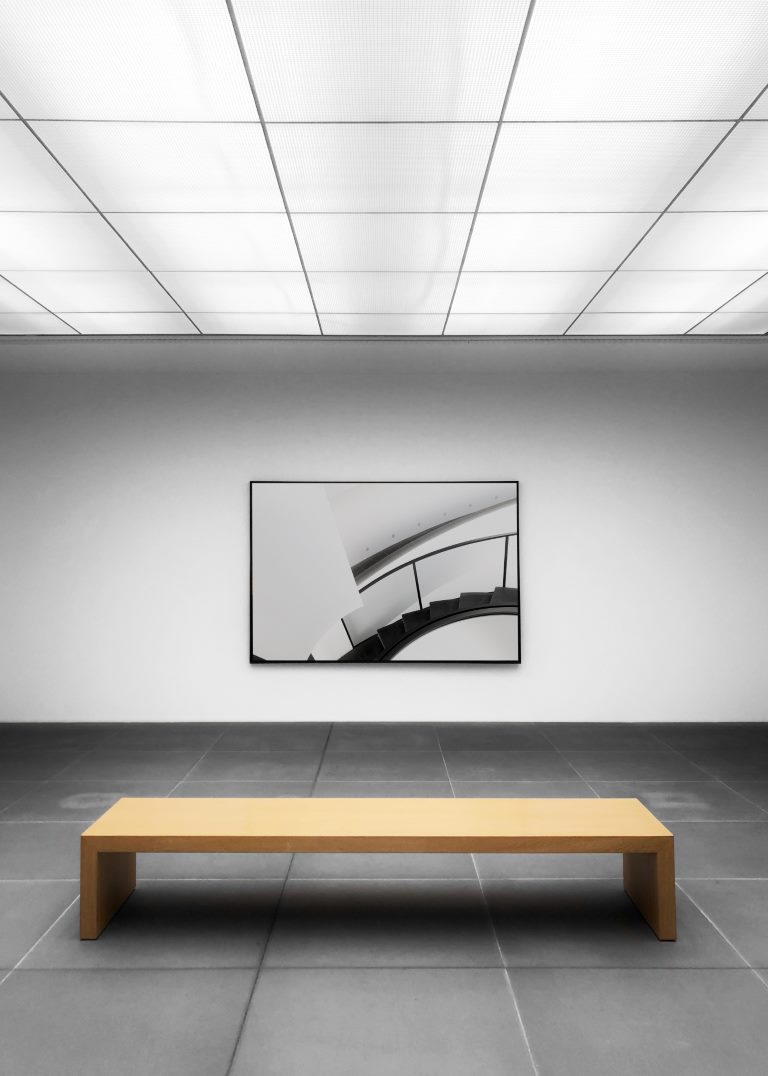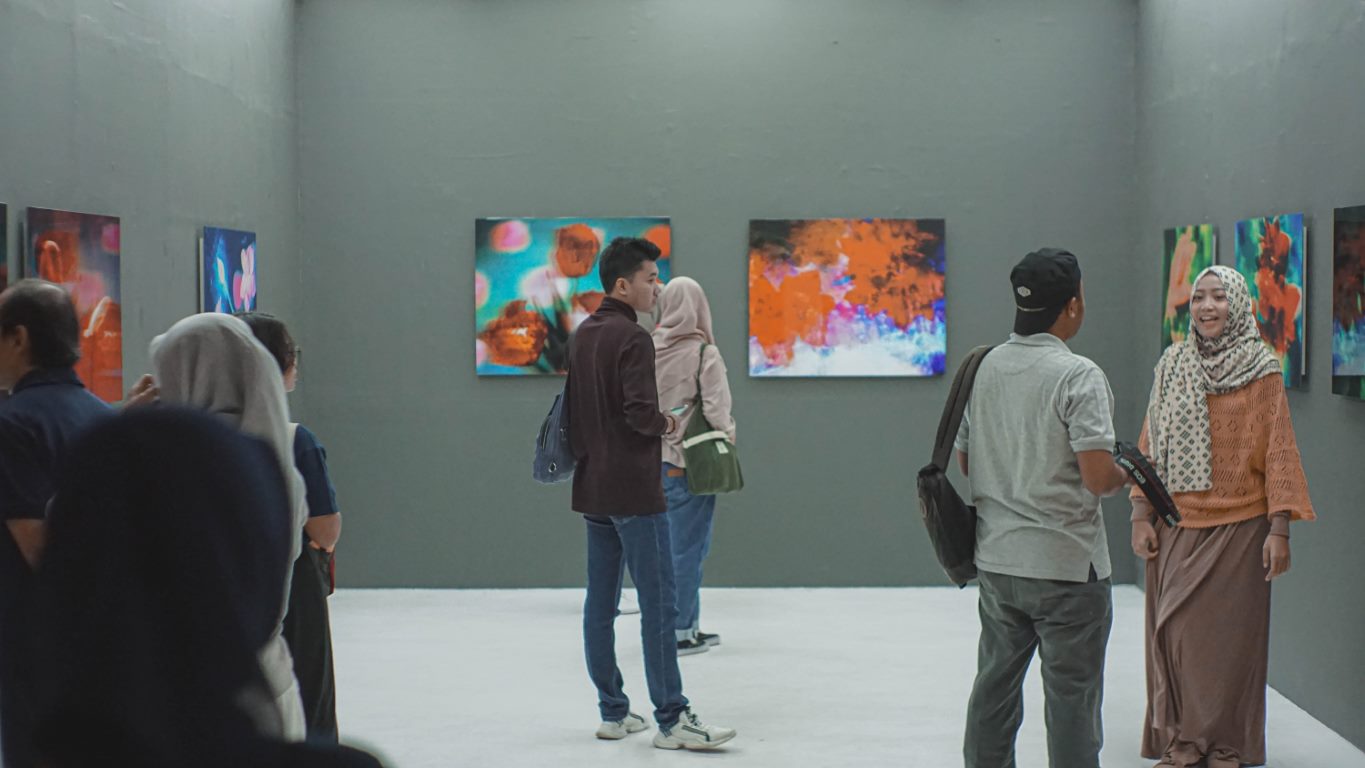How to Plan Your 3 Day Private Beijing Tour With Forbidden City, Great Wall, and Hutong
Beijing, the cultural, political, and economic hub of China, is a city that has a lot to offer. The city is globally known for its history, culture, and delicious cuisines. A three-day private tour to Beijing’s major attractions such as the Forbidden City, Great Wall, and Hutong can offer you an experience of a lifetime. In this post, you’ll get an overview of the three-day private Beijing tour package, the highlights of the city, and how to book the tour.Overview of the 3-Day Private Beijing Tour
The 3-Day Private Beijing Tour is a comprehensive tour package that covers the top destinations in Beijing. You’ll explore the city with an experienced private tour guide who will take care of every aspect of your trip. The package includes a dragon boat ride at the Summer Palace in warm weather, visits to some of the best local attractions, all necessary transport in a private vehicle, and three lunches served at local restaurants.Day 1: Exploring the City Center
The tour starts with a visit to the world-famous Tian’anmen Square, the largest city square globally, surrounded by significant cultural and political structures. Next, you’ll explore the Forbidden City, a palace complex full of Chinese cultural heritage sites from the Ming and Qing dynasties. The Forbidden City has been the home of many emperors for over 500 years and is a “must-visit” site in Beijing. After exploring the Forbidden City, your guide will take you to a local restaurant for lunch. Then, you’ll take a walk around the Houhai Lake and learn about Beijing’s traditional residence, the Hutong.Day 2: Hiking on the Great Wall of China
On the second day of the tour, you’ll visit one of the Seven Wonders of the World, the Great Wall of China. The Great Wall is the world’s longest wall, extending 21,196 kilometers from East to West China. The walls we visit are close to Beijing, and we provide cable car or toboggan tickets to reach the wall. After exploring the Great Wall, you’ll have lunch at a nearby restaurant. Next, you’ll visit the Olympic Bird Nest Stadium and the Water Cube.Day 3: Summer Palace and Departure
On the last day of the tour, you’ll visit the Summer Palace and take a dragon boat ride (available between April 1 to Oct. 31). The Summer Palace was the royal garden of the Qing dynasty and an excellent example of Chinese landscape garden design. It’s considered one of the most beautiful parks in China, and the boat ride will allow you to see the palace from a different perspective. Your guide will take you to a local restaurant for lunch before dropping you off at your accommodation or airport.Booking the 3-Day Private Beijing Tour
Booking the tour is easy. Viator is the service provider of this tour, and all you need to do is book online via the Viator website. The package includes accommodation, private tour guide, meals, transport, and entrance fees. Viator offers excellent customer support, and the tour has a high satisfaction rate. You can book the tour here: book the tour hereBook Your Tour Now
A three-day private tour of Beijing is an excellent opportunity to explore the city’s history, culture, and ancient architecture. The Forbidden City, Great Wall of China, and Summer Palace are just a few of the must-visit places in Beijing. With a private tour guide, all admissions, transport, and meals covered, the 3-Day Private Beijing Tour is an efficient, convenient, and affordable way to discover the best of Beijing.
Frequently Asked Questions About Beijing
Beijing is the capital city of China and has become a popular tourist destination in recent years. This city is home to many historical and cultural landmarks, such as the Great Wall of China and the Forbidden City. If you are planning a trip to Beijing, here are some answers to the most frequently asked questions.1. What is the best time to visit Beijing?
The best time to visit Beijing is during the spring and autumn months (April, May, September, and October) when the weather is mild and pleasant. The summer months (June to August) can be hot and humid, and the winter months (December to February) can be cold and dry. However, if you don’t mind the crowds and higher prices, visiting during the Chinese New Year (January or February) can be an exciting experience.2. What are the must-see landmarks in Beijing?
There are many must-see landmarks in Beijing, including: – The Great Wall of China – The Forbidden City – Tiananmen Square – The Summer Palace – The Temple of Heaven – The Ming Tombs – The Beihai Park – The National Museum of China3. Can I climb the Great Wall of China?
Yes, you can climb the Great Wall of China, but be prepared for a strenuous hike. Some sections of the Great Wall are steeper than others, and it can take several hours to climb to the top. It is recommended that you wear comfortable shoes and bring plenty of water and snacks. Also, be aware that some sections of the Great Wall may be closed for renovations.4. How much does it cost to visit the Forbidden City?
The entrance fee for the Forbidden City is currently 60 RMB (about 9 USD) per person. However, during peak tourist season (April to October), the price may increase to 80 RMB (about 12 USD) per person. If you plan on visiting other landmarks in Beijing, you may want to consider purchasing a combination ticket or a tourist pass for discounted admission.5. What is the best way to get around Beijing?
The best way to get around Beijing is by subway or bus. The subway system is extensive and easy to use, with signs and announcements in English. Buses are also a cheap and convenient option, although they can be crowded during rush hour. Taxis are available but can be more expensive, especially during peak hours.6. What should I pack for a trip to Beijing?
When packing for Beijing, be sure to bring comfortable walking shoes, as you will be doing a lot of sightseeing. The weather can be unpredictable, so it’s a good idea to bring layers, including a light jacket or sweater. In the summer months, you’ll want to bring sunscreen and a hat, as well as insect repellent. In the winter months, you’ll want to bring warm clothing and a hat and gloves.7. Is it safe to drink the tap water in Beijing?
No, it is not recommended to drink the tap water in Beijing. Instead, you should drink bottled water or boiled water. Most hotels and restaurants will provide free bottled water, and you can buy bottled water at any convenience store.8. What is the currency in Beijing?
The currency in Beijing is the Chinese Yuan (CNY). You can exchange currency at banks, hotels, or at the airport. It’s a good idea to exchange some money before you arrive in Beijing, but you can also withdraw money from ATMs or use credit cards at most major hotels and restaurants.9. What is the nightlife like in Beijing?
Beijing has a vibrant nightlife scene, with many bars, clubs, and restaurants to choose from. The Sanlitun area is particularly popular with expats and tourists, with many Western-style bars and nightclubs. You’ll also find many traditional Chinese tea houses and live music venues throughout the city.10. Can I use social media in Beijing?
Yes, you can use social media in Beijing, but some sites may be restricted. The Chinese government blocks access to many Western social media sites, such as Facebook, Twitter, and Instagram. However, you can use Chinese social media sites like WeChat and Weibo. To access blocked sites, you can use a virtual private network (VPN) service.Book Your Tour Now
Beijing is a fascinating and exciting city to visit, with so much to see and do. By planning ahead and knowing some basic information, you can make the most out of your trip. Don’t forget to try some of the local cuisine, such as Peking duck and dumplings, and immerse yourself in the rich culture and history of this amazing city.
How to Spend Your Time as a Tourist in Beijing
If you’re planning a trip to China, Beijing is a must-visit destination. As one of the most culturally rich cities in the world, there’s no shortage of things to see and do in Beijing. From historical landmarks to modern attractions, there’s something for everyone. Here’s a guide to help you make the most of your time in Beijing.1. Visit The Great Wall of China
No Beijing itinerary would be complete without a visit to The Great Wall of China. The Wall is an ancient defense system that stretches for over 13,000 miles, and it’s one of the most impressive feats of engineering in the world. You can take a guided tour to see the most popular sections like Badaling or Mutianyu, or opt for a more remote part of the wall to avoid the crowds.Tips:
- Wear comfortable shoes and dress in layers as the weather can be unpredictable
- Get there early to avoid the crowds (especially during peak season)
- Bring your own water and snacks as there are limited options on the Wall
2. Explore the Forbidden City
The Forbidden City is a former imperial palace located in the heart of Beijing. It was the home of the emperor and his household for over 500 years and is a UNESCO World Heritage site. The complex consists of 980 buildings and covers an area of 720,000 square meters. You can easily spend a full day exploring the Forbidden City and its numerous galleries, museums, and gardens.Tips:
- Book your tickets in advance to avoid the long queues
- Wear comfortable shoes as there’s a lot of walking involved
- Bring a map or tour guide to help you navigate the complex
3. Visit the Summer Palace
The Summer Palace is another UNESCO World Heritage site and one of the most beautiful places in Beijing. It was built in the 18th century and was used by the emperors as a retreat from the summer heat. You can stroll through the lush gardens, admire the many pavilions, and even take a boat ride on the lake.Tips:
- Visit in the spring or autumn when the gardens are at their prettiest
- Bring mosquito repellent if you’re visiting in the summer
- Check the weather forecast before you go as the park may close during heavy rain or snow
4. Sample the Local Cuisine
Beijing cuisine is world-famous, and there’s no shortage of delicious food to try in the capital. Some of the most popular dishes include Peking duck, zhajiangmian (noodles with soybean paste), and jiaozi (dumplings). You can find these dishes and more at local restaurants and street vendors throughout the city.Tips:
- Try to eat like a local and avoid touristy restaurants
- Don’t be afraid to try new things – you might discover a new favorite dish
- Bring cash as many street vendors don’t accept credit cards
5. Experience Beijing’s Nightlife
Beijing has a vibrant nightlife scene, with options ranging from rooftop bars to night markets. Some of the most popular places to visit include Sanlitun, a trendy shopping and entertainment district, and Houhai, a scenic area with bars and restaurants overlooking a lake.Tips:
- Bring your passport if you plan to go clubbing – it’s a requirement at many venues
- Be aware of your surroundings and keep an eye on your belongings
- Take a taxi or ride-share service instead of walking alone at night
6. Shop for Souvenirs
Beijing is a shopper’s paradise, with everything from luxury brands to traditional handicrafts on offer. Some of the best places to shop include the Wangfujing shopping street, the Panjiayuan Antique Market, and the Silk Market.Tips:
- Bargaining is expected at markets and street vendors – start by offering half the asking price
- Be careful of counterfeit goods – if the price seems too good to be true, it probably is
- Check the voltage and compatibility of electronic devices before buying them
In Book Your Tour Now
Beijing is a city that should be on every traveler’s bucket list. Whether you’re interested in history, culture, or cuisine, there’s something for everyone in the Chinese capital. With this guide, you’ll be able to make the most of your time in Beijing and have an unforgettable trip.Table of Contents

